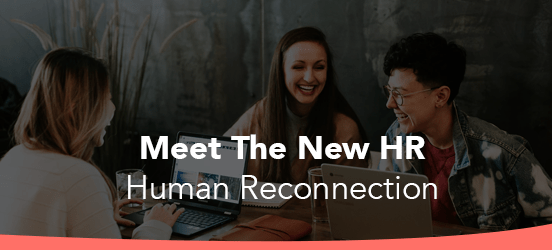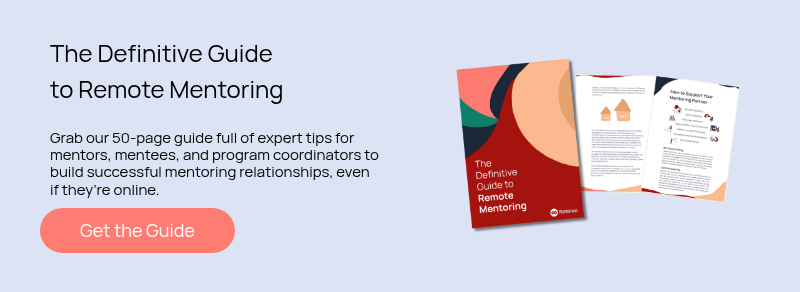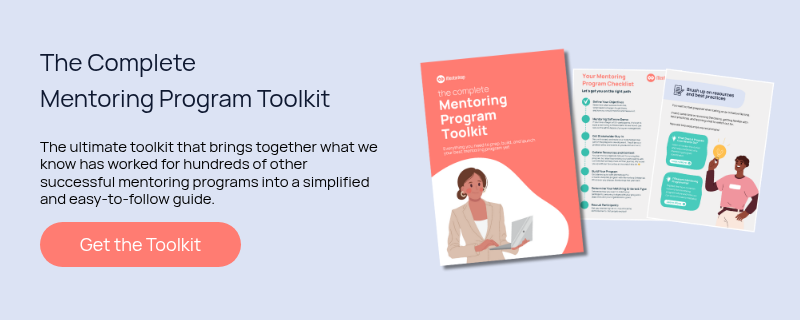Human resources is changing — changing because the needs of people are changing.
HR has always been a business function focused on people. In the past, this focus has been funnelled into hiring, firing, pay, benefits, and development. But now, HR must shift its focus, and align itself to the more urgent and pertinent need of its people: to feel connected.
For too long, companies have focused on recruiting new talent, and increasing raw productivity through newly available tools and technologies. For too long, companies have let good talent and potentially highly engaged and committed employees slip through the cracks.
It is no consequence that with advances in technology and the resulting reduction in human interaction, employee engagement, employee satisfaction, and employee retention have collapsed.
Human beings are social creatures. We are creatures who feel committed, aligned, and obligated to other humans — not organizations or computers. And yet, we continue to isolate and alienate people from the other people within our organizations in search of endless ‘productivity gains’, and with it, we continue to isolate people from having a relationship and a commitment to our place of work.
This is why the new role of HR is human reconnection. Human reconnection has the power to single handedly improve the plight of many of HR’s most plaguing epidemics.
So how do HR departments begin to focus on reconnecting their people?
Not by venturing back into a world where face-to-face communication was the only choice, and not by discounting the value that email and slack have had and continue to have on our organisations.
It is done by supplementing these great advances by utilizing inclusive and inherently social platforms, services, and programs which make people feel connected to other individuals: mentoring programs, culture teams, company outings, and regular performance reviews.
The latent demand for all of these previously-believed superfluous programs is not a product of the ‘millennial generation’; it is a product of the millennial generation’s lack of real human interaction. This is the new normal; every generation hereafter will suffer from the same needs and problems — and they will be even more amplified.
Taking care of your people’s less visible but incredibly important human needs is not only beneficial for individual employee outcomes, but also for an entire organization. Connecting an organization’s people in an authentic way improves knowledge transfer and has become the key to unlocking the most powerful form of capital in your organization: social capital.
Money, benefits, ping-pong tables and cool laptops are motivating in the short term — but they are not sustainable motivators. They do not build an intrinsic attachment to the company, nor the job.
For thousands of years, human beings have lived and died for their tribes, religions and countries. Not because their tribe, religion or country provided them with copious amounts of money, free lunches, or ping-pong tables, but because they wanted to stand by and defend the other people who belong to that group. The people in the group who had showed a constant interest in them; who had helped them grow and develop; and who had helped them find a sense of belonging.
Give your people a sense of belonging by connecting them to other people within your group; give them something to believe in and something to defend.
Human reconnection is the new HR, and it is here to stay.






